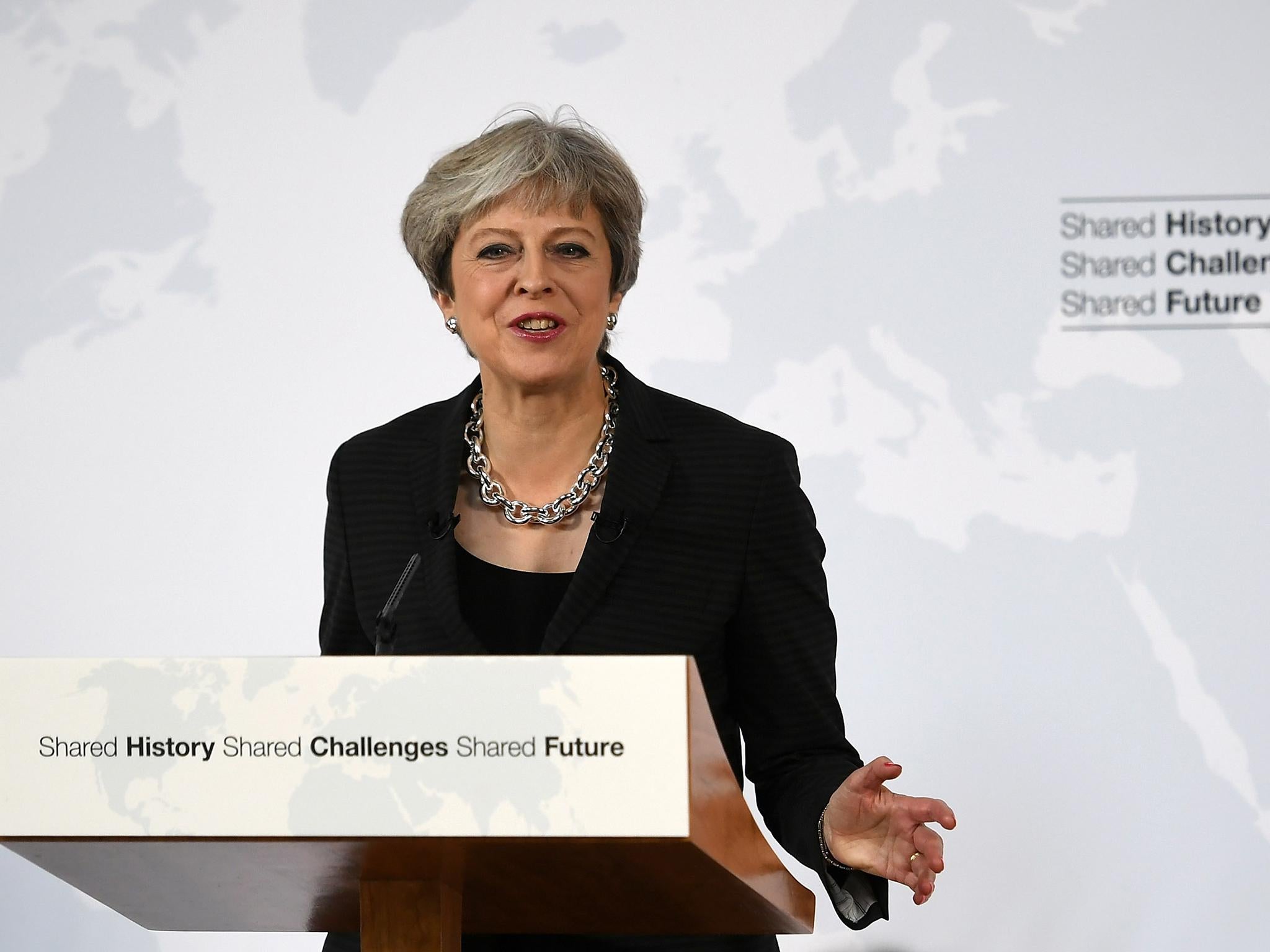This is how to explain Brexit to your children
If you're having trouble explaining the UK leaving the European Union to your children, here's how I've explained Brexit to over two million children

I edit a children’s newspaper, First News, and one of the biggest challenges I have had to face is explaining what Brexit is to our readers. While adults will be familiar with rhetoric in the mainstream media and beyond, many children were left wondering what was going on – and it was down to our publication to explain it to them in as simple a way as possible.
So, here’s how we have managed to explain such a complex event to the younger generations – so they’re as informed of the facts as possible.
On 23 June 2016 a referendum was held to decide whether the UK should remain in the European Union or leave it. More than 30 million people voted and Leave won by 51.9 per cent to 48.1 per cent.
A new word was created – Brexit – which is a short way of saying “the UK leaving the EU” by mixing the words Britain and Exit. But what does Brexit actually mean and how will it affect us all?
The European Union is a club of 28 European Countries. Each of these countries pays to be a member and in return, they get access to special ways of working together. This includes being part of a “single market”, which means that countries can trade with one another and people can move around freely – as if we were all living together in one big country.
The EU has its own parliament, laws and currency (the euro – although the UK doesn’t use this as we stuck to our own pounds and pence). The EU was set up after World War 2 with the idea that if countries work together, they are unlikely to go to war again.
The 48 per cent who voted to remain in the EU, including former Prime Minister David Cameron, felt that being a member of a 28-nation club is better than going it alone. They felt it was easier for us to sell things to other EU countries, meaning it was good for businesses and trade.

So why did over half of voters (51.9 per cent) in the UK want to leave this special club?
The idea of the single market was to increase trade between countries, creating jobs and lowering prices. However, the European Parliament decides on many rules and standards that EU countries have to follow and critics felt that we were losing control of our own affairs and laws.
The UK pays billions of pounds in membership fees to the EU every year and some people felt that we weren’t getting much back in return for this.
Also, many people are moving from poorer countries to richer countries around the world. This has made some people in the UK worry about the free movement rule, which allows people in the EU to move to any other EU country without needing special permission (a visa). This was a key issue for many voters and the Leave campaign won by just 4 per cent.
Once the referendum had taken place, new Prime Minister Theresa May had to trigger a special plan called Article 50, which she did on 29 March 2017. This is a formal way of telling the European Council about the UK’s plans to leave the EU.

Once Article 50 was triggered, Theresa May had to get agreement from the UK Parliament – the House of Commons and the House of Lords – on her proposed Brexit deal. This has happened and the UK Government is now in talks with the EU to decide exactly how the split should happen. This is a complicated process as all the remaining 27 countries’ parliaments have to agree with the deal.
The UK and the EU have two years to agree how they will split from each other, which means that we should leave the EU no later than April 2019.
While these talks are going on, the UK will stick with the EU laws until we are officially not a member any more. It is too early to know what will be agreed but Brexit is definitely happening and we are all hoping that the best possible deal is agreed.
Nicky Cox is the editor of First News
Join our commenting forum
Join thought-provoking conversations, follow other Independent readers and see their replies
Comments
Bookmark popover
Removed from bookmarks